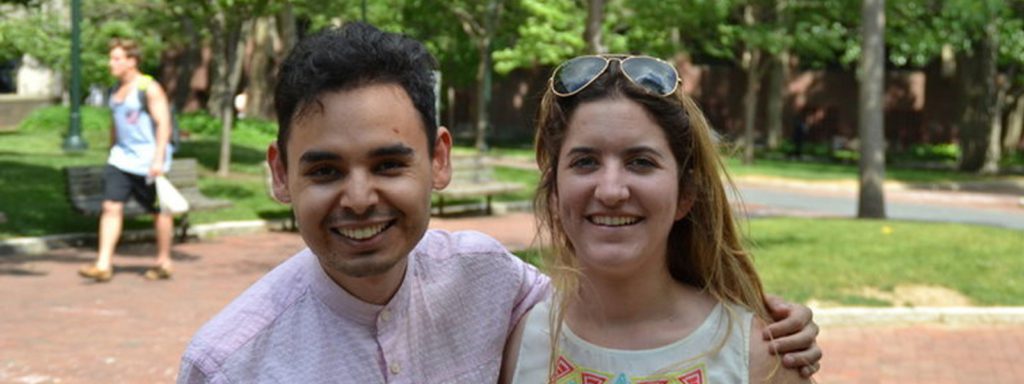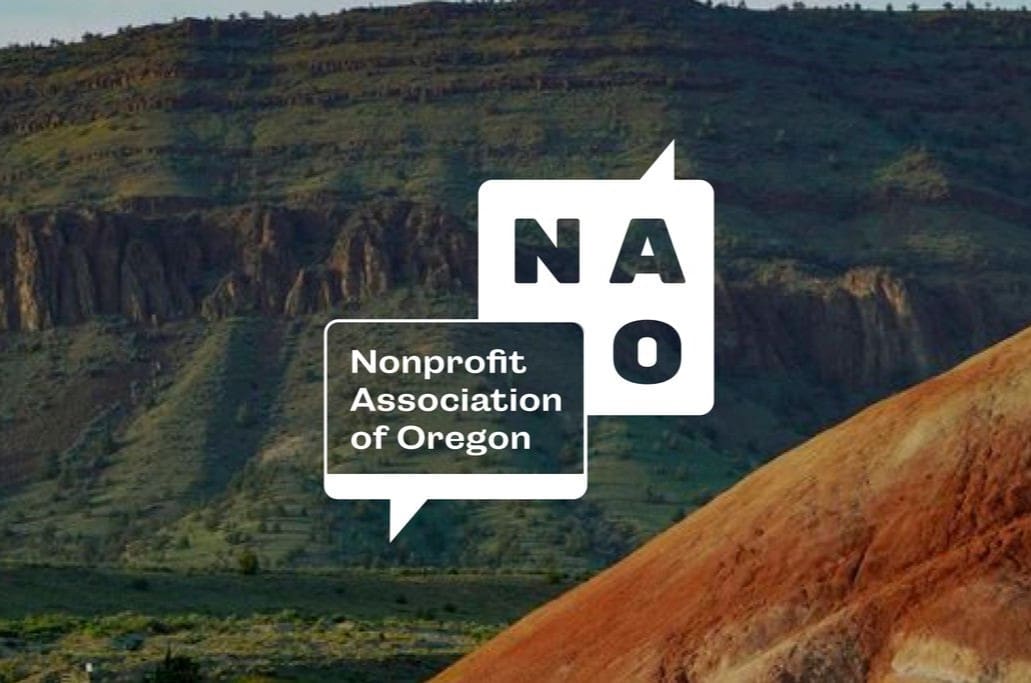In today’s political climate, the forecast for asylum seekers in the United States can be uncertain, at best. But for LGBTQ asylum seekers, the process can be especially unwelcoming – amplifying the need to connect with a community that offers support and resources to successfully negotiate the asylum process.
“Many members of the LGBTQ community seek asylum in the U.S. to escape persecution in their home countries because of their sexual orientation or gender identity,” said Katie Sgarro, co-founder of AsylumConnect. “Then they come here to find that in addition to facing general immigration barriers, they are differentiated from other asylum seekers and continue to face discrimination due to homophobia or transphobia.”
LGBTQ asylum seekers who arrive in the U.S. often don’t know where to turn for the most basic needs – like food, shelter, and medical and emotional support – not to mention help navigating the asylum application process. Even worse, many are leery of contacting service organizations that traditionally provide asylum aid for fear of being treated differently.
The path to a safe place
“There should never be a time when someone doesn’t know where it’s safe to go for help,” Katie said. Her path toward creating that place, and the path of Sayid Abdullaev, who once needed that safe place – seemed destined to cross.
As a teenager, Sayid learned English from Peace Corps volunteers in his home country and longed to escape persecution because of his LGBTQ identity. Through a series of events, he received an offer from the Department of State to study in the U.S. and attended college in Idaho. In 2013, Sayid transferred to The University of Pennsylvania (crowdfunding his tuition) where he met Katie, who also had transferred there.
During their senior year, the University launched its inaugural President’s Engagement Prizes – annual awards of $100,000 to Penn seniors to design and execute post-graduation projects that make a positive, lasting difference in the world.
Sayid asked Katie to join him in applying for the award, sharing with her the difficulties he experienced as an LGBTQ asylum seeker and his belief in the need for a comprehensive and easily accessible repository of services for others seeking U.S. asylum to escape anti-LGBTQ oppression.
Invention born from necessity
Struck by pain and isolation Sayid had experienced, Katie decided to join him in what would later become the first online LGBTQ- and asylum-friendly resource catalog. Their friendship also led to something else. “The experience deeply affected me, and I realized I hadn’t spoken up about my own identity for over a decade. Long story short, I finally ‘came out’ myself to co-found AsylumConnect with Sayid during my senior year at Penn.”
They drafted their proposal for consideration for a Penn Engagement Prize – supported by feedback from LGBTQ asylum seekers who could have benefited from a specialized resource catalog, and service providers who worked daily with LGBTQ asylum seekers.
Katie and Sayid launched the first version of the catalog in Seattle in August 2015 and followed up in February 2016 with a six-month pilot of the second version. They chose Seattle for the pilot because it was a smaller city where they held local connections and knew advisers who could test it – and because Seattle is one of the country’s most LGBTQ-friendly cities.
They were selected as semi-finalists for a Penn Engagement Prize, but ultimately didn’t win one. But their continued improvement and expansion of the catalog led to additional funding, along with winning the Millennium Peace Prize at the 7th Annual Millennium Campus Conference at the UN in 2015; the 2015 Business Today Impact Challenge; and selection as a finalist for the Harvard Social Enterprise Conference Pitch Competition in 2017. Additionally, Katie, who also is President of AsylumConnect, was named in 2017 to the Clinton Global Initiative University’s inaugural Alumni “Honor Roll” of social innovators.
Expanding to meet growing peril
Today, AsylumConnect fills the information gap with LGBTQ- and asylum-friendly resources in six cities – Seattle, Philadelphia, New York City, Washington, DC, San Francisco, and, Los Angeles. Key resource areas include housing, legal, food, medical, mental health, social support, employment, and education. Service providers also can use the catalog as a resource to help serve their own clients.
Plans are underway to add additional U.S. cities to the catalog. In November 2017, AsylumConnect partnered with tech-focused nonprofit One Degree on national expansion, and is currently accepting recommendations for catalog resources that are available across the U.S. They also are working to revise and expand legal offerings beyond asylum application to include guidance regarding detention and deportation. The purpose is to enable LGBTQ asylum seekers to connect with legal aid – particularly pro bono support – as easily and quickly as possible.
The team also has international access to the resource catalog on their radar screen. “The catalog has been viewed in 109 countries, some where it is very dangerous to be gay,” Katie said. “With existing conditions under our current Administration, more and more people are facing detention and deportation. We want to scale the AsylumConnect catalog as quickly as possible so that LGBTQ asylum seekers can access the catalog abroad with a sense of hope and security that our database is here to help them plan their journey to safety, and will be waiting for them upon their arrival in the U.S.”
Interested in helping fund AsylumConnect’s work? Join the Giving Club or visit the Donate page for instructions on how to make a tax-deductible contribution. If you’re a service provider interested in adding your organization to the resource catalog, visit AsylumConnect’s website to learn more.



